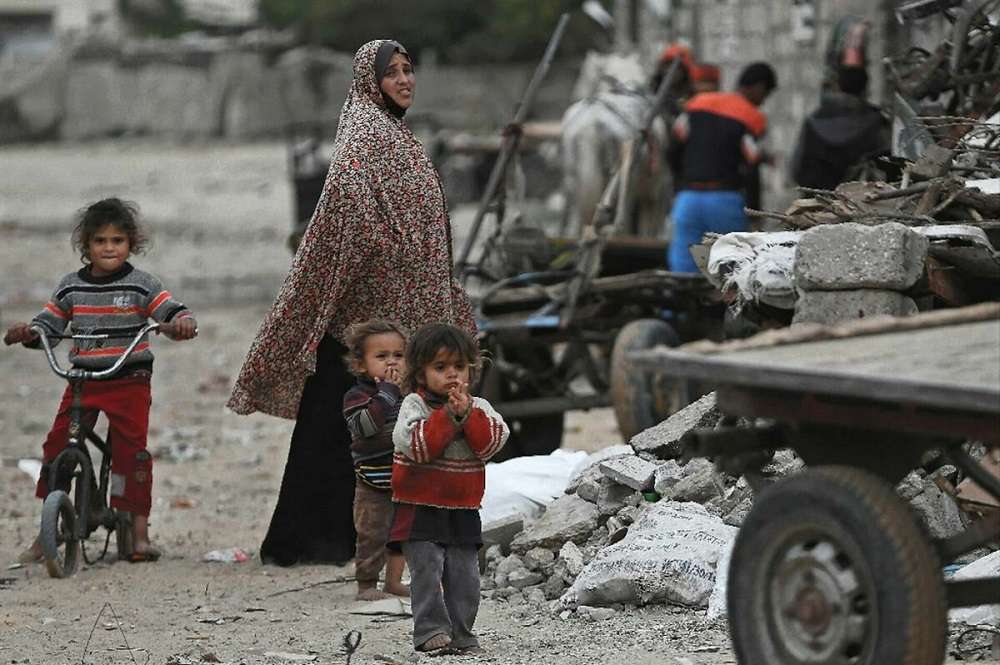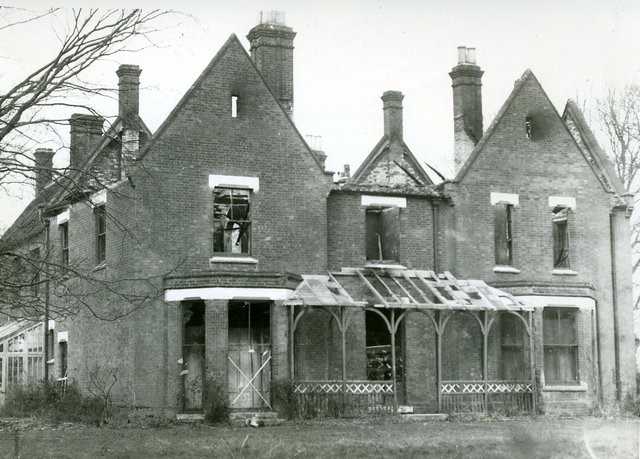It is possible to do a love marriage in India, but if it is analysed properly, then love marriages are being prevented in India, especially by the middle and lower classes. Love marriages are not considered socially good in normal families in India because caste bonds are very conservative in Indian society.
But love marriage is possible under the Indian constitution and legal provisions. In India, the families that are in big cities and are prosperous easily accept love marriages. But in a rural setting, it is almost like a social revolution. Honour killing also happens in many conservative societies in India regarding love marriage.

The Khap Panchayat is a testimony to India’s conservative and casteist roots and how some groups with feudal and self-styled ethnic supremacy regard love marriage as a grave crime.
To maintain caste supremacy, love marriage is rejected by orthodox Indians. It is surprising that couples in love, especially those who have done inter-caste marriage, have to seek protection from the police or court many times.

Indian courts have many times directed governments to act strictly on Khap Panchayats and honour killings, but some conservative public representatives raised in Indian society are found trying to save caste purity.
Do love marriages happen in Indian villages?
Many people say that love marriages have started happening in rural India, but the truth is that most of the time, in rural India, love marriage is possible only when the boy and girl belong to the same caste and both families agree. If the boy and the girl are from different castes, then it is possible for a love marriage to happen, provided both are from the so-called high caste.
In this case, if one is from a so-called high caste and the other is from a so-called low caste, then it is highly possible that the marriage will not take place, and caste tension may also arise. It is possible that the Khap Panchayat may sit for this, or the caste defenders may stand against the couple.

This is especially common in Uttar Pradesh, Haryana, Rajasthan, Bihar, etc. in India. In India, there exists a hidden caste superiority frustration among the so-called upper castes of Indian society, which sometimes comes out in the open. For example, in the marriage of Dalits, only when the groom is seated on the horse or mare do the upper castes either pelt stones or try to stop the marriage. This is very common in rural India.
What is the reason for inter-caste love marriages not happening easily?
Inter-caste love marriage is not easy because caste roots are very strong here. Ancient India was also a conservative caste society, and modern India is also a caste society. Protecting caste supremacy and keeping the mentality of mostly the upper caste itself above all prevents other castes from meeting. Casteism is a violent attribute in India, so some people psychologically remain high in society forever.

Inter-caste marriages are allowed in India as per law, but they are not socially accepted, especially by the orthodox classes. According to the Indian Constitution and laws, every religion or caste is equal in the eyes of the law.
That’s why, if you talk about India, there are inter-caste marriages here, and they are also legally recognized. But socially, inter-caste marriage is still a big deal in India.
And still, a very large section of society in India does not accept inter-caste marriages. Not only this, honor killing or social boycott is common due to inter-caste marriage. On the other hand, if we look at many societies in India, they still do not have a very good attitude towards inter-caste marriages. In India, inter-caste marriages are still not only considered bad but also criticised collectively.
Need Social reforms 2.0
India still has a lot to do to save individual liberty. Inter-caste marriage is mainly directly related to the interests of Dalits, tribal people, and women. The roots of casteism are basically linked to the Hindu religion, which gives it approval. But religious interpretations of it in India may differ.
That’s why casteism is supported more by those people who either always have to be at the top of society and want to be consumers of society, not producers, or who get psychological benefits from it. Casteism is a major threat, so India needs a leader like Raja Ram Mohan Roy for all India social reforms again, as I say it 2.0.

Dr. Babasaheb Ambedkar was right in saying that if casteism is to be eradicated, it is necessary to have inter-caste marriages and eat together with different castes. But right now, India is probably not thinking of removing casteism and is far behind.

About the Author
Manish love to write for people and he is a Civil Servant. Users can follow Manish on Instagram ![]()
How India Eradicated Polio [India’s Success story]
India’s success in eradicating polio is a remarkable public health achievement. The country was once…
Why don’t I Dream anymore after Sleeping?
Having dreams means that you are in deep sleep and your mind is constantly weaving…
Scientists who died because of their Discoveries
Bell, Edison, Tesla, etc. are standing among the famous inventors, who we frequently want to…
How is life in Gaza?
The region is mired in despair, traumatised by years of Israeli blockade. Nearly 70% of…
Why Sharks will Attack Humans If They Get Too Close ?
Despite their enormous size and fearsome jaws, sharks are naturally quite cautious animals. They may…
10 MYSTERIOUS PLACES AROUND THE WORLD, WILL HAUNT YOU !
MYSTERIOUS PLACES around the world are covered with mysterious secrets, and these secrets make these…
![How India Eradicated Polio [India's Success story]](https://topicflix.com/wp-content/uploads/2023/02/polio-drawing.jpg)




